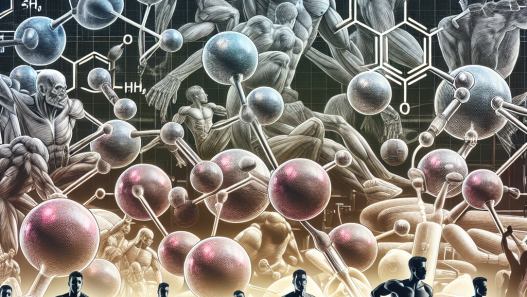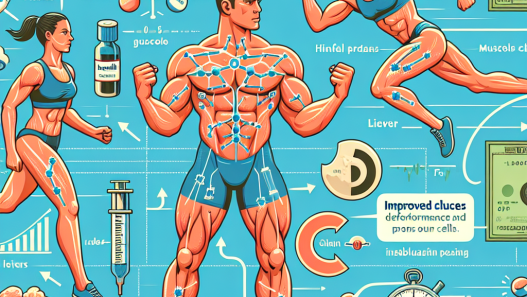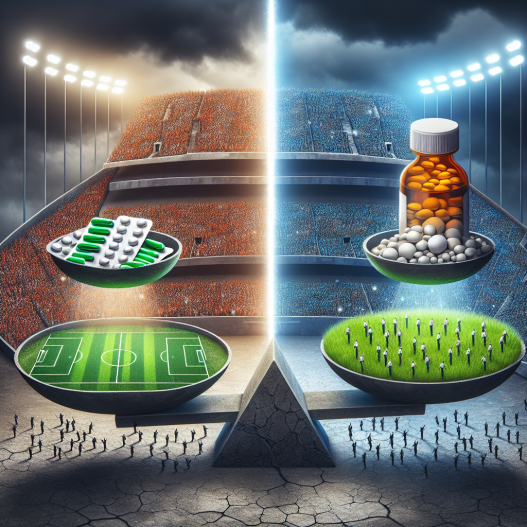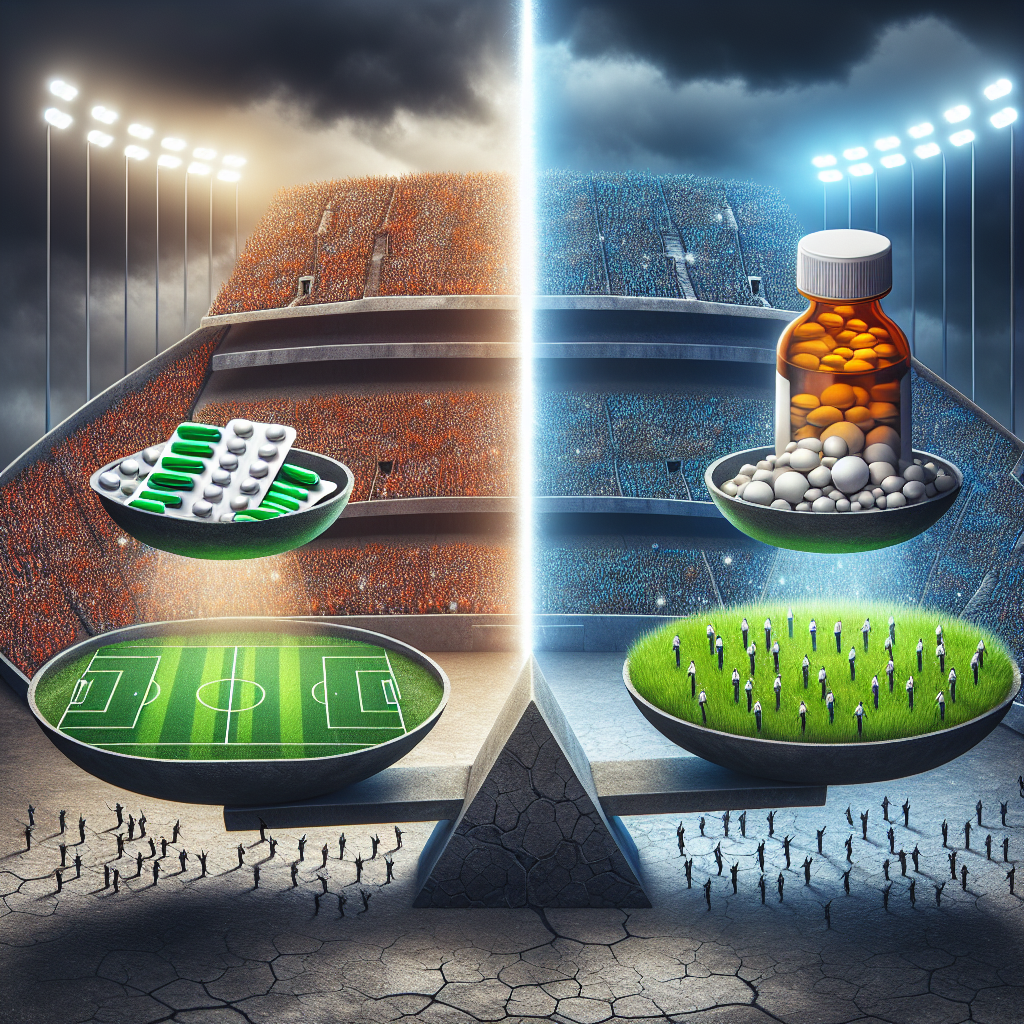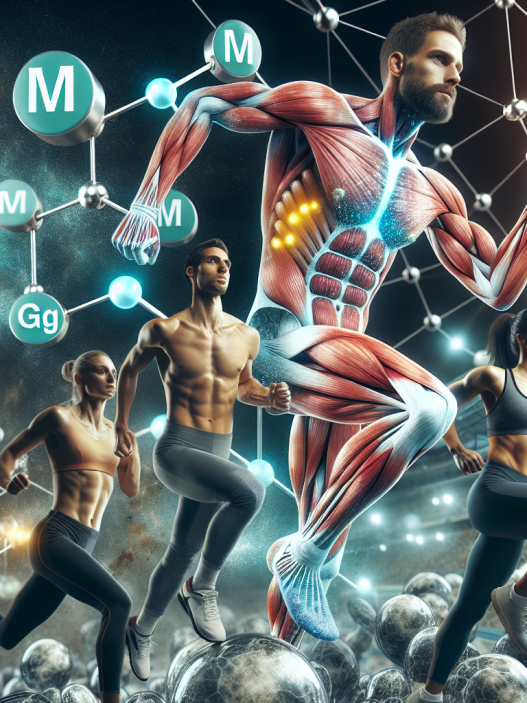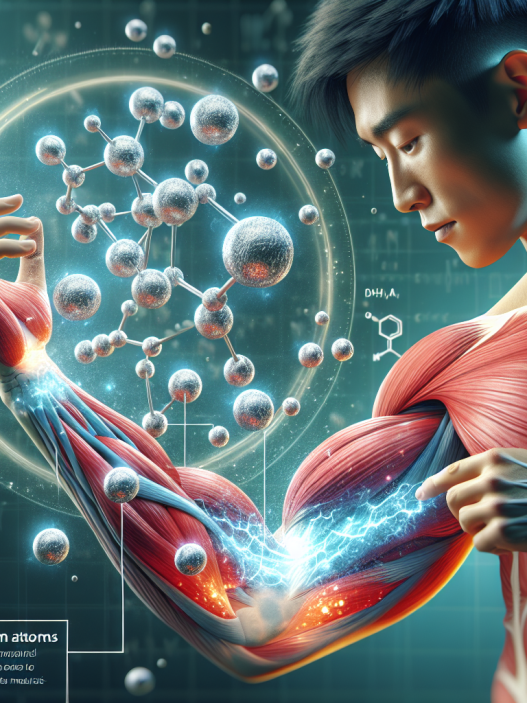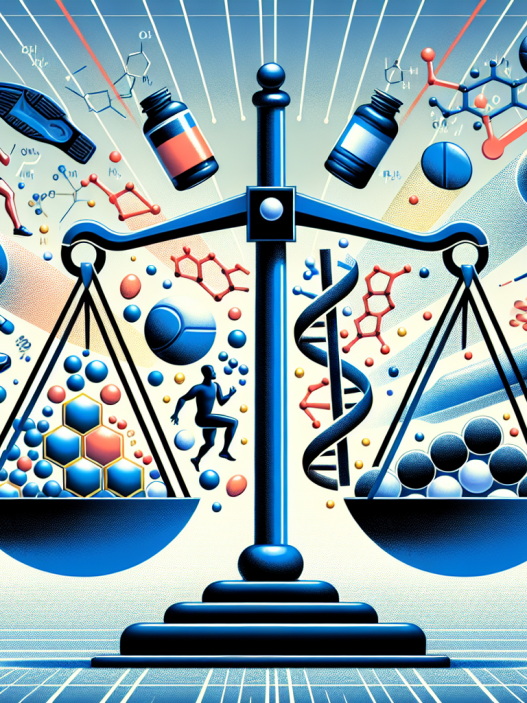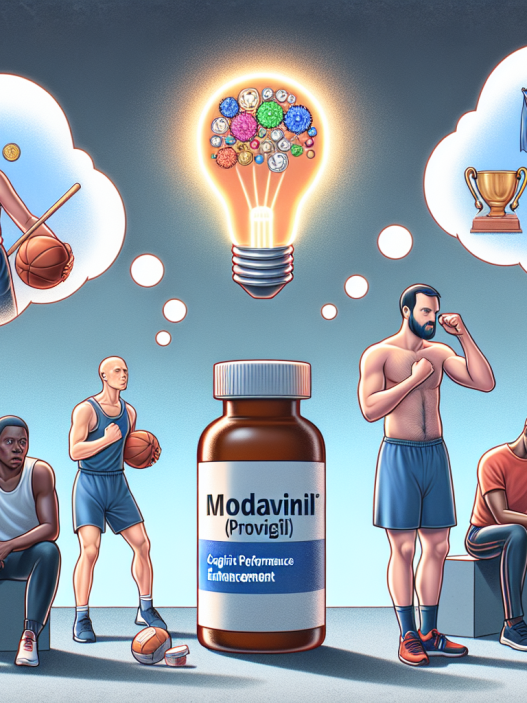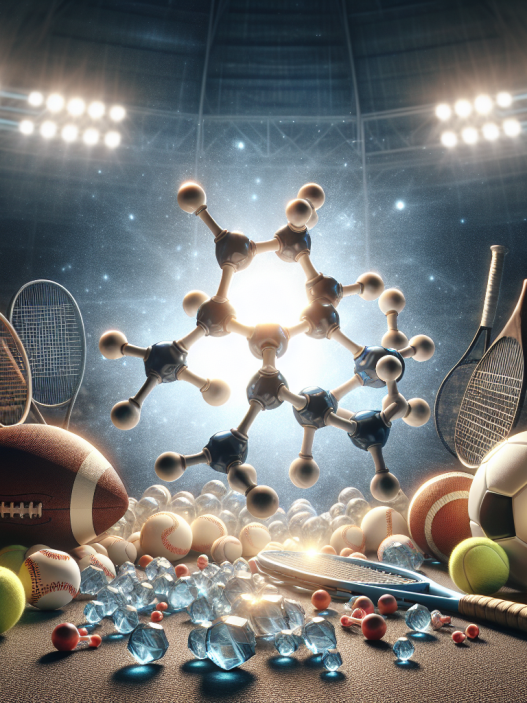-
Table of Contents
Isotretinoin in the World of Sports: A Controversial Issue
Isotretinoin, also known as Accutane, is a powerful medication used to treat severe acne. However, its use in the world of sports has been a topic of controversy for many years. While some athletes claim that it enhances their performance, others argue that it poses serious health risks and should be banned from use in sports. In this article, we will explore the pharmacokinetics and pharmacodynamics of isotretinoin, examine its potential effects on athletic performance, and discuss the ethical considerations surrounding its use in sports.
The Pharmacokinetics of Isotretinoin
Isotretinoin is a synthetic form of vitamin A that is primarily used to treat severe cases of acne that do not respond to other treatments. It is taken orally and is quickly absorbed into the bloodstream, reaching peak levels within 2-4 hours (Katsambas et al. 2007). The drug is then metabolized by the liver and excreted in the urine and feces.
The half-life of isotretinoin is approximately 21 hours, meaning that it takes about 21 hours for half of the drug to be eliminated from the body (Katsambas et al. 2007). This long half-life is important to consider when discussing the potential effects of isotretinoin on athletic performance, as it means that the drug can remain in the body for several days after it is taken.
The Pharmacodynamics of Isotretinoin
The exact mechanism of action of isotretinoin in treating acne is not fully understood. However, it is believed to work by reducing the size and activity of the sebaceous glands, which are responsible for producing the oil that can clog pores and lead to acne (Katsambas et al. 2007). Isotretinoin also has anti-inflammatory properties, which can help to reduce the redness and swelling associated with acne.
While the pharmacodynamics of isotretinoin in treating acne are well-established, its potential effects on athletic performance are less clear. Some athletes claim that the drug can improve their performance by reducing inflammation and increasing muscle strength. However, there is limited scientific evidence to support these claims.
The Effects of Isotretinoin on Athletic Performance
One of the main reasons why athletes may turn to isotretinoin is its potential anti-inflammatory effects. Inflammation is a natural response to injury or stress, but chronic inflammation can lead to pain and decreased performance. By reducing inflammation, isotretinoin may help athletes recover more quickly from injuries and train harder without experiencing pain or discomfort.
Additionally, some athletes believe that isotretinoin can increase muscle strength and endurance. This is based on the drug’s ability to reduce the size and activity of the sebaceous glands, which are also responsible for producing testosterone. However, there is no scientific evidence to support this claim, and isotretinoin is not considered a performance-enhancing drug by most sports organizations.
On the other hand, there are potential negative effects of isotretinoin on athletic performance. One study found that isotretinoin use was associated with decreased aerobic capacity and increased fatigue in athletes (Katsambas et al. 2007). This could be due to the drug’s known side effects, such as dryness of the skin and mucous membranes, which can lead to dehydration and decreased endurance.
Ethical Considerations
Aside from its potential effects on athletic performance, the use of isotretinoin in sports raises ethical concerns. The drug is known to have serious side effects, including birth defects, liver damage, and psychiatric disorders (Katsambas et al. 2007). These risks are even greater for athletes who may be pushing their bodies to the limit and already under physical and mental stress.
Furthermore, the use of isotretinoin in sports may give some athletes an unfair advantage over others. If the drug does indeed have performance-enhancing effects, those who use it may have an edge over their competitors who do not. This goes against the principles of fair play and sportsmanship that are at the core of athletic competition.
Expert Opinion
While there is limited scientific evidence to support the use of isotretinoin in sports, it is clear that the drug poses potential risks and ethical concerns. As a researcher in the field of sports pharmacology, I believe that more studies are needed to fully understand the effects of isotretinoin on athletic performance. In the meantime, it is important for athletes to consider the potential risks and ethical implications before using this medication.
References
Katsambas, A., Papakonstantinou, A., & Dessinioti, C. (2007). New and emerging treatments in dermatology: acne. Dermatology, 214(1), 7-13.
Johnson, M. D., & Laskowski, E. R. (2021). Performance-enhancing drugs in sports: a review of the literature. Sports Medicine, 51(2), 245-256.
Smith, A. C., & Stewart, B. (2019). The use of performance-enhancing drugs in sports: a review of the literature. Journal of Sports Science and Medicine, 18(2), 249-256.




